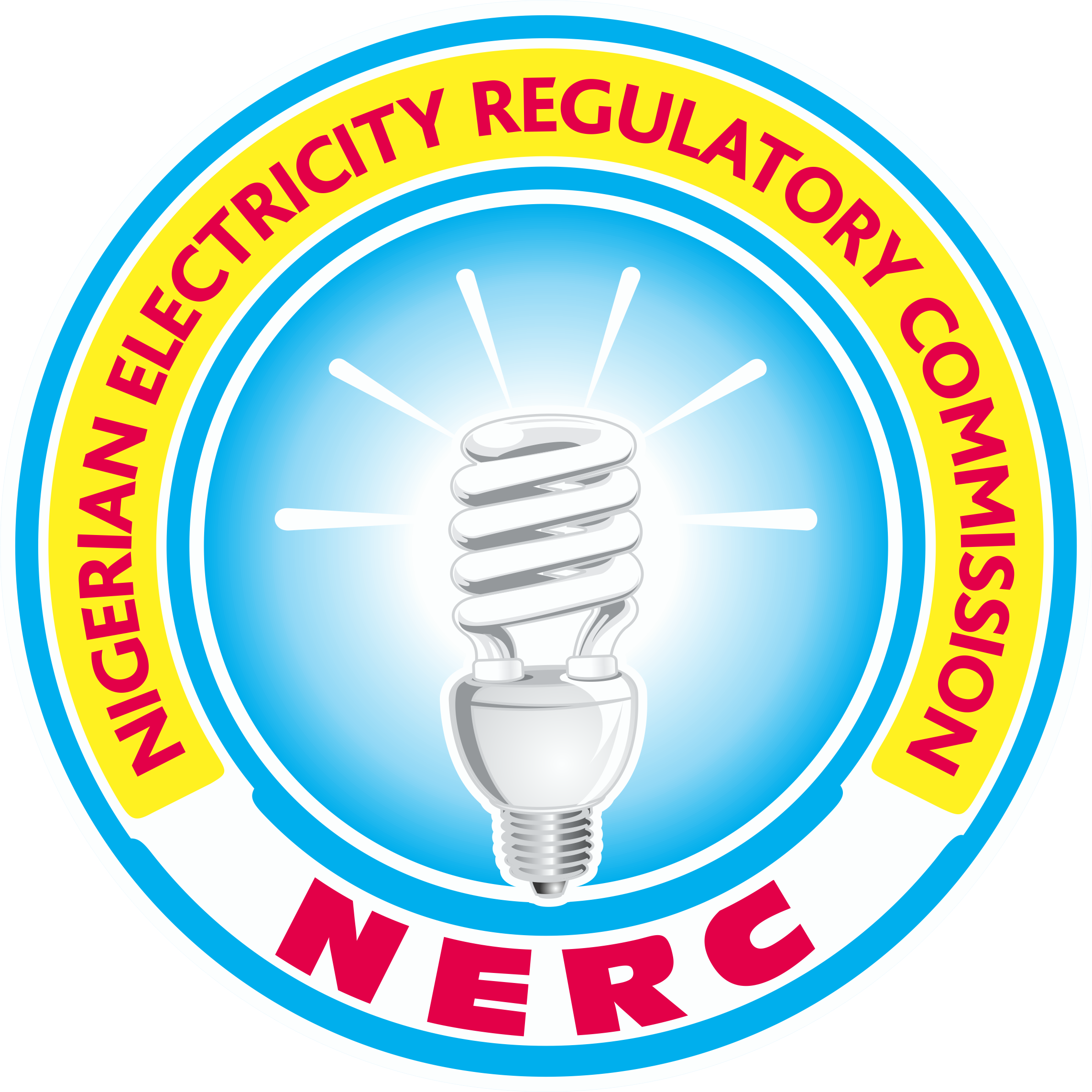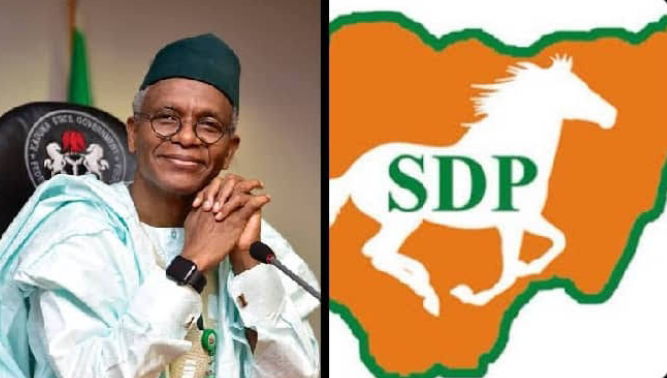
Nigerian Electricity Regulatory Commission logo
Like the recent 200% increase in petrol prices, electricity tariffs are expected to increase by as much as 40% which will severely exacerbate the cost-of-living crisis that many Nigerian households are already experiencing. The Nigerian Electricity Regulation Commission (NERC) scheduled a hearing on the proposed rate increase on 17 July after receiving applications from electricity distribution companies (Discos) requesting permission to raise their tariffs.
Even though the Discos are private entities the NERC is the only authority to approve rate increases. This has been a source of contention over the years because electricity price increases, like the removal of fuel subsidies, is politically very sensitive. In August it will be ten years since the 2013 privatisation of the electricity sector. However, the majority of the eleven Discos have struggled to be sufficiently profitable to repay their debts. So far at least five have been acquired by various banks because they could not repay their debts. Their greatest obstacle has been the low prices that they can charge for electricity, which many power company owners have complained are insufficient to cover the cost of generating electricity.
Since 1 July, when the government allowed the Naira to devalue by 40%, power companies have sought to increase rates. The exchange rate is a component of the tariff pricing framework. Consequently, the major devaluation of the Naira has necessitated an increase in tariffs but the NERC halted the attempt to do so on the grounds that additional consultation was required.
Now, there is a tentative agreement that prices will increase on 1 August. However, one more obstacle remains because legislators are seeking measures to prevent the increase. If they are successful, the Discos will be in a more difficult financial position, and the government will have to continue to subsidise their operations, as it has for most of the past decade that the electricity sector has been in private hands. It is unlikely that President Bola Tinubu would wish to replace petroleum subsidies with subsidies for electricity.
In other words, he will turn a blind eye and allow the tariffs to rise, which will increase the burden on households and make him even more unpopular than he already is. This will place him under additional pressure to ensure that the power sector becomes more efficient. As petrol prices have risen, the previous reliance on private generators for power supply has become prohibitively expensive and unaffordable. Many small businesses will switch to grid power which, even if tariffs rise by 40%, will be less expensive than operating their own generators. If the power supplies remain unreliable, however, many small businesses will begin to fail. This will not only increase Tinubu’s unpopularity but also be counterproductive because his goal of economic revitalisation can only be achieved by pushing through with bold reforms that his predecessors were reluctant to pass.
This excerpt is taken from Nigeria Focus, our monthly intelligence report on Nigeria. Click here to receive a free sample copy.The July 2023 issues of Nigeria Focus also includes the following:
Spotlight
- The emergence of the Lagos cabal
Politics
- In search of the next chairman of the APC
- PDP’s Atiku Abubakar is a Boko Haram target
- CBN Governor Godwin Emefiele as the scapegoat
Economy
- President Tinubu’s policy puzzles
- A fiscal windfall provides states with a lifeline
- The Central Bank of Nigeria’s dilemma
- The 43 items that the CBN won’t let go
Energy
- Subsidy removal cuts excess petrol consumption
- New importers require foreign exchange
- Lagos State set to rejig the power space
- Electricity tariffs about to increase sharply
- Aiteo’s increasing debt threatens banks
- NNPC takes another step towards its gas pivot.
Security
- Who is supplying the Southeast with weapons?



